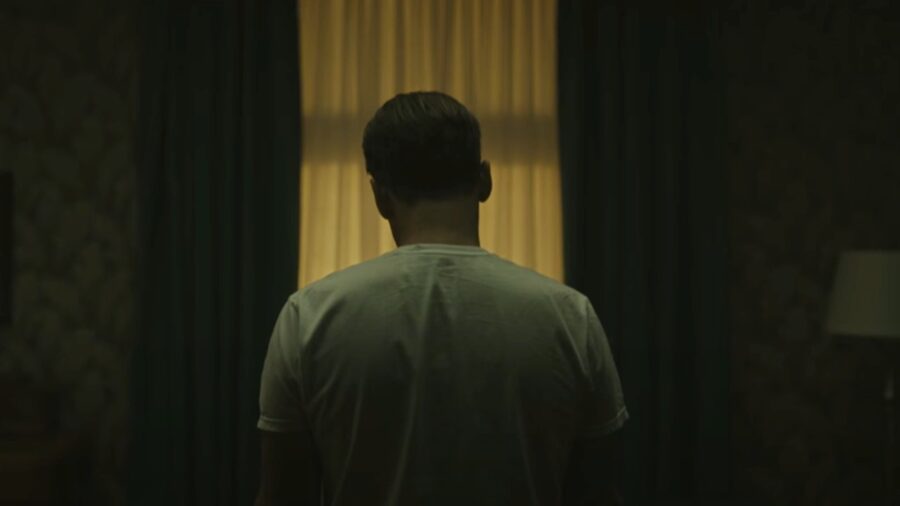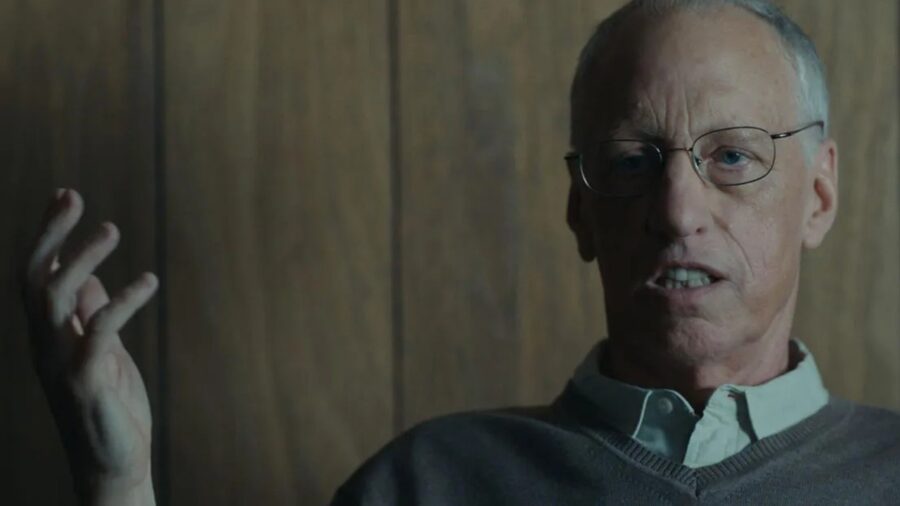The Netflix True Crime Paranoid Documentary That Works Better Than Most Movies

Humans have always had a fascination with morality and justice, but it wasn’t until content became so easy to access through streaming, podcasts, and social media that true crime documentaries became a major part of pop culture. True crime has proven that, sometimes, there is nothing scarier than real life. But even worse than reality is the paranoia that comes with not knowing what to believe, as the docuseries Wormwood reveals.
Wormwood Redefines The True Crime Format

In the labyrinth of government secrets and clandestine operations, truth becomes an elusive specter haunting those who dare to seek it. Enter Wormwood, a riveting six-part docudrama miniseries directed by Errol Morris, which plunges viewers into the murky depths of conspiracy, betrayal, and the quest for justice. Released on Netflix on December 15, 2017, this docuseries is not just a recounting of historical events but an exploration of the human toll exacted by the shadows of power.
Project MKUltra

At the heart of Wormwood lies the mystery of Frank Olson, an American scientist ensnared in the web of Cold War-era secrecy and intrigue. Frank Olson’s tale is one of tragedy and suspicion, beginning with his association with a secret government biological warfare program at Fort Detrick, Maryland. However, it is the events surrounding his mysterious death in 1953 that catapults his story into the realm of the extraordinary.
Nine days after being secretly dosed with LSD by his CIA superiors as part of the notorious Project MKUltra, Frank Olson plummeted to his death from a New York City hotel window. First labeled an accident, then later ruled as a suicide, subsequent investigations have unearthed layers of deception and cover-ups, fueling speculation of murder. Wormwood weaves together interviews, archival footage, and live-action reenactments to unravel the complex tapestry of Frank Olson’s life and death.
Literary Allusion

The title “Wormwood” serves as a double literary allusion, drawing from biblical references to a star poisoning Earth’s waters and Hamlet’s haunting whispers of betrayal. Through the lens of Eric Olson, Frank’s son, the series explores the bitter aftermath of a decades-long quest for truth, mirroring the Shakespearean themes of vengeance and existential anguish.
Into The CIA

With six episodes to explore all the creepy details, Wormwood works better than most movies. It draws audiences in with themes that interrogate the nature of power and the moral ambiguities inherent in clandestine government operations. Through Project MKUltra and the CIA’s covert activities, viewers are confronted with the ethical dilemmas of state-sanctioned experimentation and the erosion of individual autonomy.
Widespread Acclaim From Critics And The Public

Wormwood serves as a poignant exploration of the corrosive effects of paranoia and secrecy. As Eric Olson navigates conspiracy theories and official denials, he becomes ensnared in a Kafkaesque nightmare where truth is a shifting mirage. The series emphasizes the psychological toll exacted by the relentless pursuit of answers, encapsulating the existential dread of living in a world shrouded in lies.
Upon its release, Wormwood generated widespread acclaim from critics and audiences alike. The New York Times hailed it as a “powerful historical argument” and a “beguiling work of cinematic art,” while Vanity Fair lauded it as “one of the most original things you’ll see all year.” It achieved a 90 percent approval rating on Rotten Tomatoes and is currently available to watch on Netflix.












